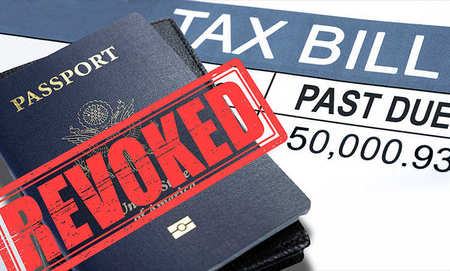 Having
to manage personal finances is one of the stressful realities that makes up a
part of normal daily living. As a single person managing his or her finances,
he or she doesn’t have to be concerned with coordinating financial management
efforts with anyone else. However, if the scenario involves a couple, such as a
husband and wife, an entirely new dynamic is introduced. In theory, at least,
there should be some sense of coordination between both members of the couple.
What affects one member of the couple affects the other member of the couple,
right?
Having
to manage personal finances is one of the stressful realities that makes up a
part of normal daily living. As a single person managing his or her finances,
he or she doesn’t have to be concerned with coordinating financial management
efforts with anyone else. However, if the scenario involves a couple, such as a
husband and wife, an entirely new dynamic is introduced. In theory, at least,
there should be some sense of coordination between both members of the couple.
What affects one member of the couple affects the other member of the couple,
right?
If you and
your partner are like most couples, chances are, you fight about money.
Numerous studies have shown that money is the No. 1 reason why couples argue —
and many of the recently
divorced say
those battles were the main reason why they untied the knot.
We’ll begin
with the following quick points, as noted by Key, that address a number of
financial mistakes that partners can make that create serious angst in their
relationship:
1
- Merging The Finances
The Wrong
Approach: United we stand, divided we bank (i.e. separate bank accounts).
The Right
Approach: It's yours, mine and ours (i.e. share the bank account).
2
- Dealing With Debt
The Wrong
Approach: Your debt will ruin us; you must find a way to pay it off.
The Right
Approach: It's our debt: Let's decide how to pay it off together.
3 - Keeping Spending In Check
The Wrong
Approach: I'm a saver and you're a spender. That's the problem.
The Right
Approach: We both spend, but on different things. Let's budget.
4
- Investing Wisely
The Wrong
Approach: You're a risk-taker, I'm risk-averse. Hands off our retirement
savings.
The Right
Approach: Let's think in time frames and take as much risk as our goals
allow.
5
- Keeping Money Secrets
The Wrong
Approach: What my spouse doesn't know will never hurt him/her.
The Right
Approach: Big financial secrets can ruin a marriage.
6
- Emergency Planning
The Wrong
Approach: We're fine. We don't need to worry about money.
The Right
Approach: Anything could happen. Let's plan for emergencies.
Examples
of Financial Fights All Couples Have
In a piece
by CNBC on
the topic, the following examples of conflicts provide more insight about
problems to avoid:
1
- Risk Taker vs Risk Avoider
One of you
is more comfortable with the ups and downs of the stock market. If your spouse
is intent on taking more risk than you're comfortable with - by putting more
money into stocks, or investing in start-ups or buying Bitcoin - agree on a
small percentage of your money that can be used in that way (no more than 5 to
10 percent) and a similar amount that you can save or invest as you wish. Then
stick to your plan with the rest.
2
- Lending or Giving Money to Family and Friends
Forget about
loaning money to friends and family in the majority of cases. If you can't
afford to do it as a gift, don't do it at all - it won't end well. If you've
already done it and you want to preserve the relationship, tell the recipient
you're forgiving the debt, but that you don't want to be asked for more in the
future.
In
conclusion, the above points make it clear that good communication and teamwork
is the real key to conflict-free financial partnership in marriage. A health
dose of humility, patience, and selflessness will go a long way too because,
after all, no one is perfect.




